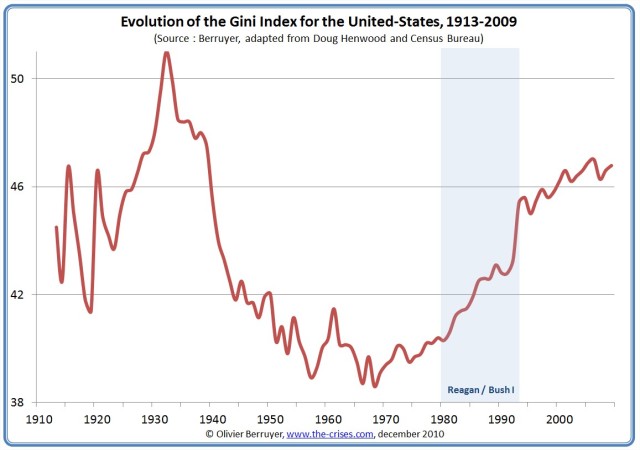Ezra Klein recognizes, in Why We’re Polarized, that the literature on political polarization and bias is deeply and personally disturbing. “To spend much time with this research is to stare into a kind of intellectual abyss,” he says. The research seems to show that people trick themselves into confirming their own biases, and that people with higher levels of political engagement and knowledge are more, rather than less, prone to doing so.

The implications should not be lost on the reader. Chances are, if you’re reading a book by Ezra Klein, you’re a highly educated and engaged consumer of political news, exactly the kind of person this research says is most vulnerable to motivated reasoning about politics. Everyone recognizes that other peoples’ political reasoning is motivated; in particular, they recognize that the other side’s political reasoning is motivated. However, it’s incredibly difficult to admit that your own reasoning is political motivated, and even if you were to admit that, what would you do about it?
